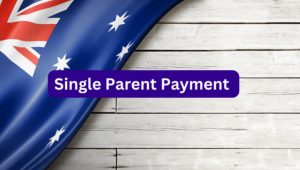The maximum compensation given to single parents is $970.20 per two weeks plus a $27.80 pension supplement. You may also be eligible for rental assistance and an energy supplement. If you have a companion, the maximum you can receive is $686.00 each fortnight. If you are under 66 and raising children alone, you may be eligible for the One-Parent Family Payment (OFP). Children who are under a certain age are eligible for OFP. You can get OFP while working. However, to qualify for OFP, your income must be less than a certain threshold.
What is a $970 Single Parent Payment?
The Parenting Payment is a means-tested government program that provides cash assistance to families with children. The payment amount varies depending on your income and number of children. You may be eligible for additional benefits in addition to Parenting Benefits. You can rapidly apply for Parenting Payments using your MyGov account, but you must provide supporting documents. The payment includes reciprocal duties, although full-time employment is not necessary.
Who is eligible for the Single Parent Payment?
Parenting payments are the principal source of economic support. Parents must meet a few requirements to be eligible for the benefits. This quick overview gives you a better understanding of what the Australian government can provide for you.
How much can you obtain for the ‘Single Parent Payment?
The primary carer for a dependent child receives a parenting allowance. A primary carer is someone legally responsible for caring for a child. This may be:
- A child’s biological or adopted parent.
- The kid’s step-parent.
- A foster carer for a child.
- Your income and assets will decide how much you receive in single-parent payments; currently, the maximum fortnightly payment for single parents is $970.20.
To be eligible for this maximum amount, the recipient’s income must exceed $214.60 a fortnight (for one child) plus $24.60 for each additional child.
Read Also – Child Tax Credit: A Bill that May Help Parents in 2024





